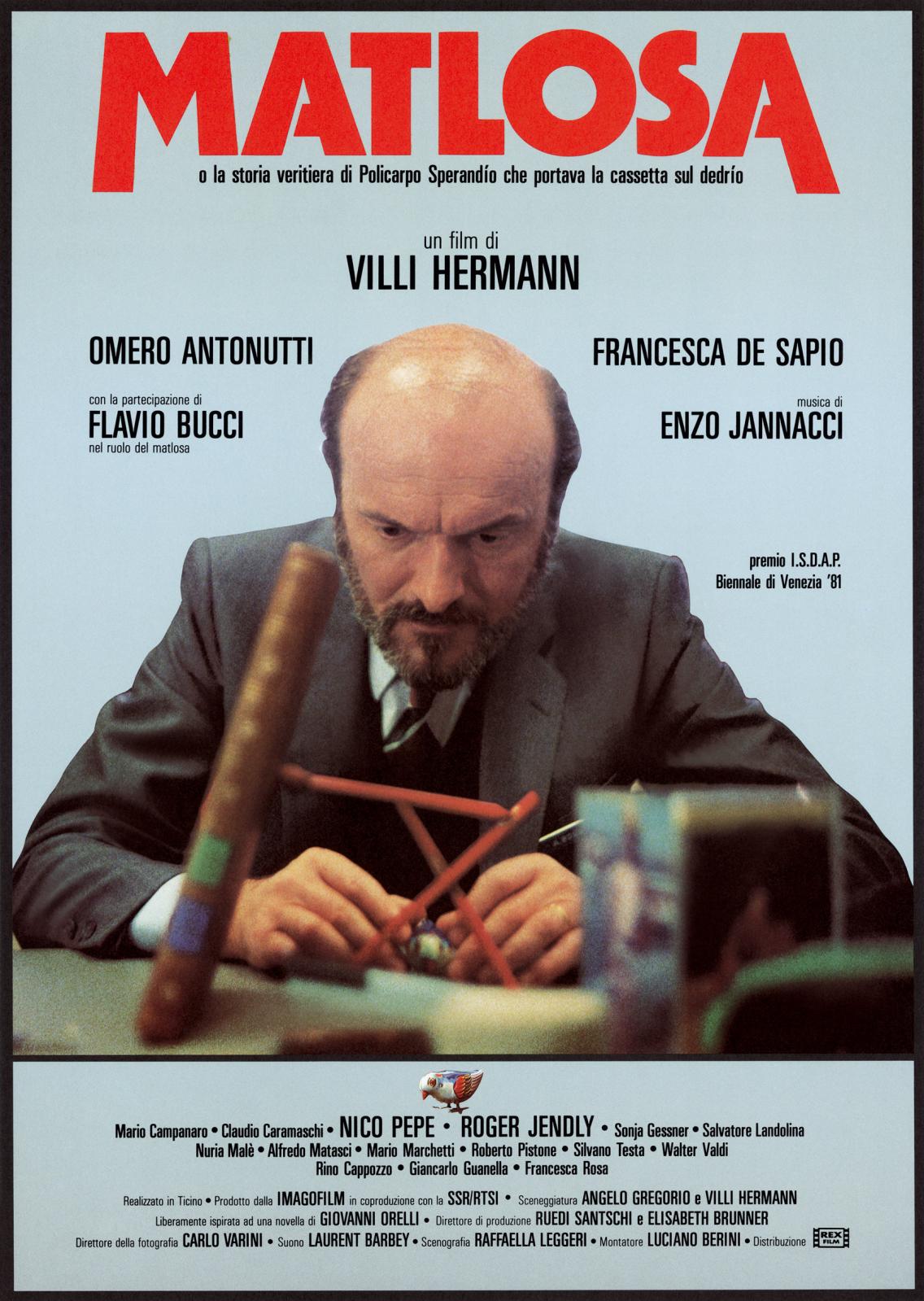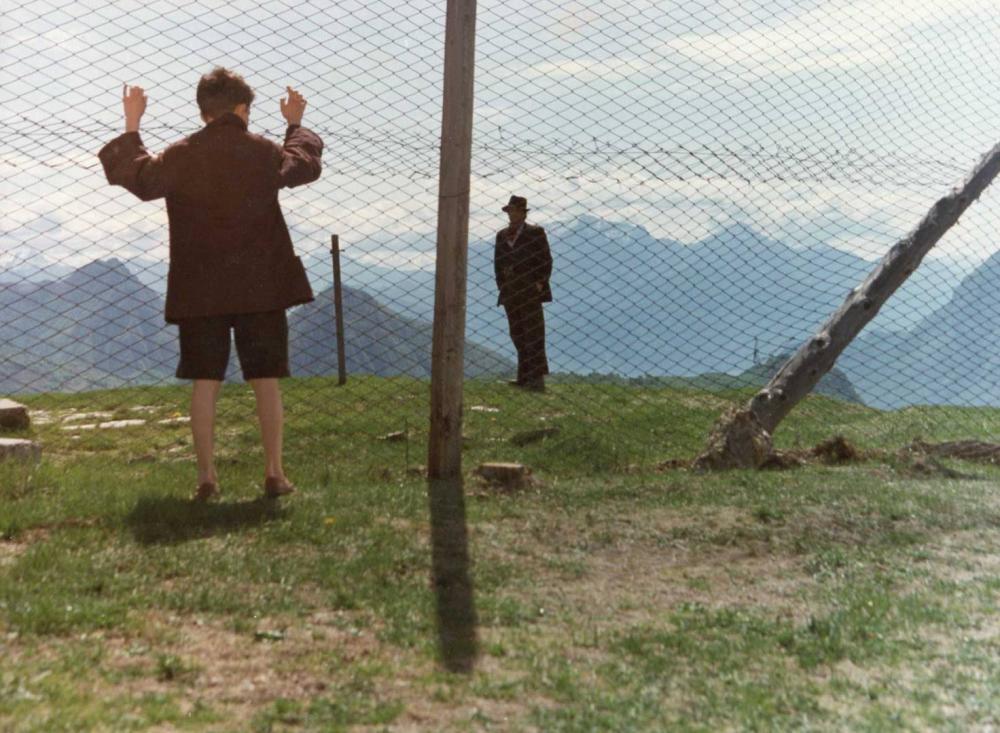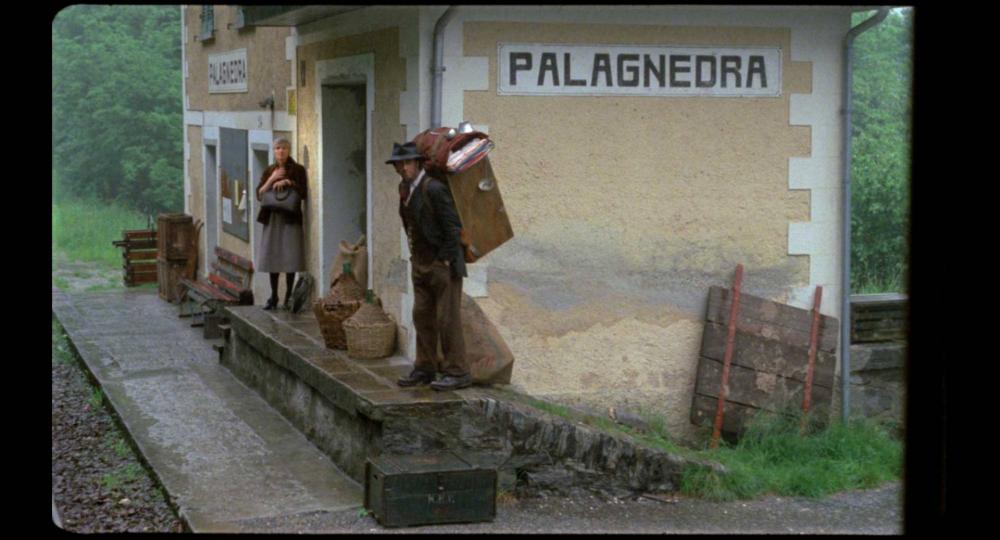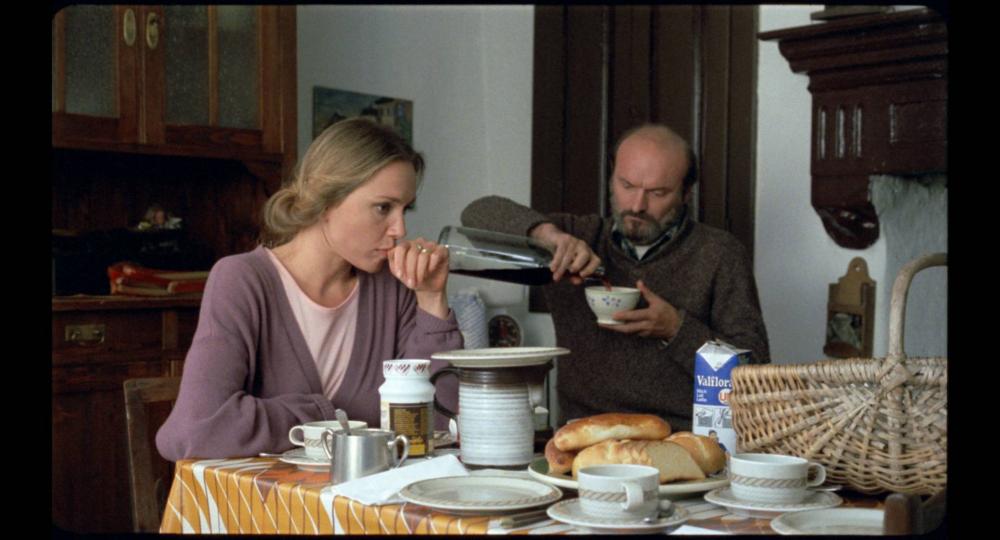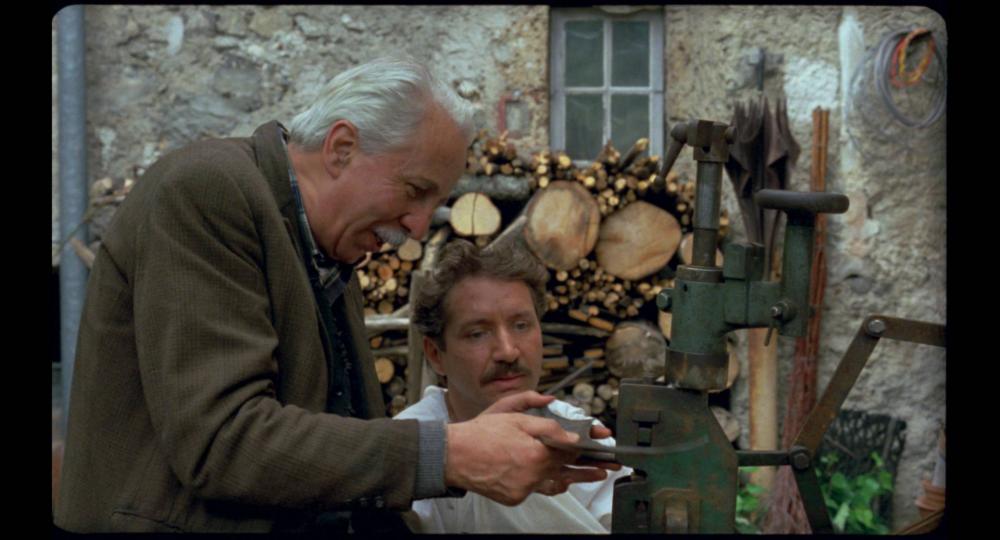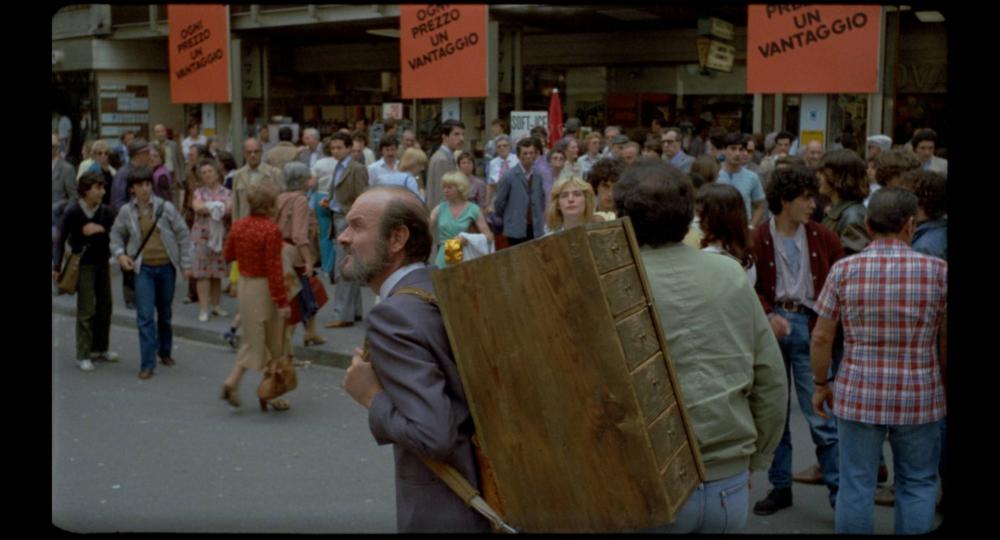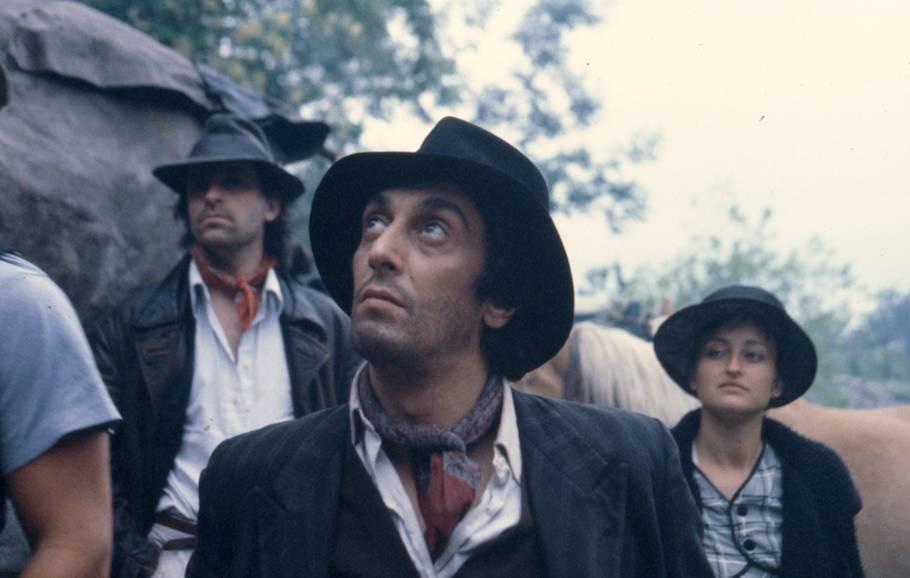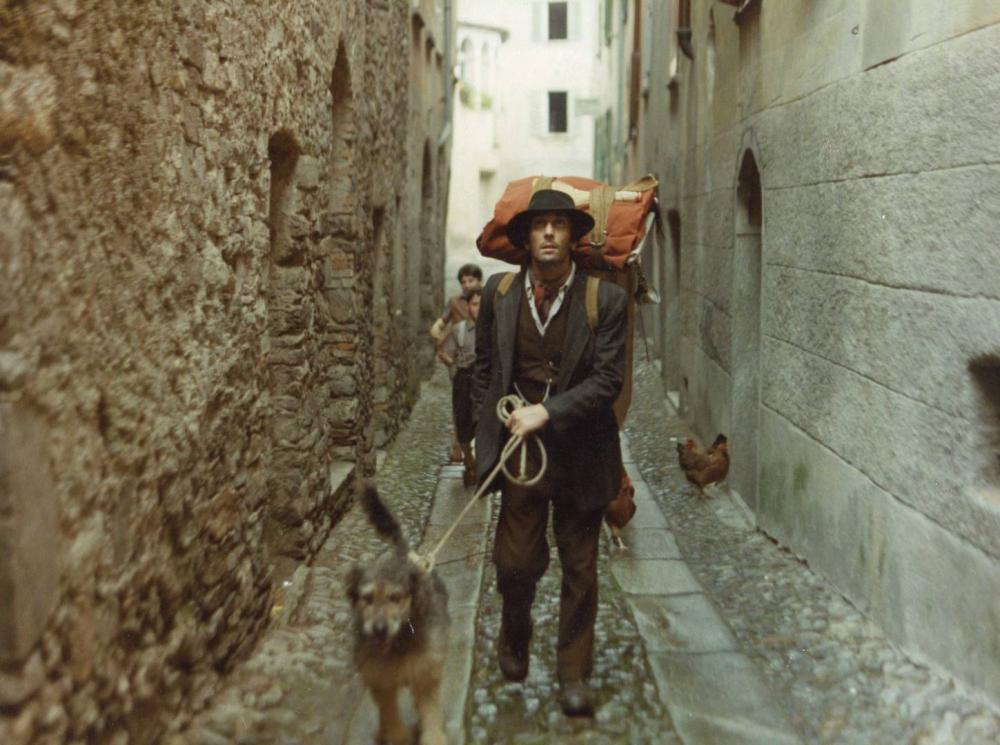Matlosa
Alfredo seems to lead the life of so many Ticinese families born in the valleys, who now only go back to their native village for the weekend. But Alfredo doesn’t longer experiences the journey as a form of escapism, but as an obsessive rite which is repeated over and over again. Alfredo has lost his own identity.
Ticino Film Commission
Imagofilm
(selection):
- Premio Isdap
- Premio Laceno d'oro
(selection):
- Biennale di Venezia 1981
- Solothurner Filmtage 1982
- Festival international de Cinema di Figueira da Foz 1982
- Festival del Film di Locarno 1982
- Filmfest München 1983
- Kinofestival Mosca 1983
https://www.imagofilm.ch/movie_detail.php?id_movie=22#.X836sC9aaS4
Imagofilm
https://www.imagofilm.ch/index.php
The film tells the imaginary story of a Ticino family who leaves for the weekend, a Friday evening, and goes to the mountain house where Alfredo (Omero Antonutti), the protagonist, lived his childhood. But the journey to the valley, which his wife and children undergo, is not an escape, it is an obsessive ritual that the protagonist renews week by week in search of his past. Resurrected by the presence of certain objects or by fortuitous circumstances, memories arise in Alfredo's mind: he sees himself first as a child struggling with rural reality, then as a teenager, defenseless and insecure, forced to live the experience of a boarding school outside the canton. Even in the city of Lugano, at work, the past presses on invading the present: the lack of promotion brings up other humiliations that explain the current one. Alfredo's precarious equilibrium is thus worn out little by little. The fundamental reasons for its crisis lie in the impossibility of finding a balance between childhood lived in a peasant world, disappeared or distorted, and maturity lived in a present marked by a frustrating everyday life, by repetitive work; in short, he is unable to reconcile these two aspects of his life. Within this fracture between an unobtainable past and an unsatisfactory present, a second contradiction arises: the attempt to find childhood is complicated by the search for a father - real or symbolic - who was precisely a "matlosa" , a wanderer, a homeless person, played by Flavio Bucci.


